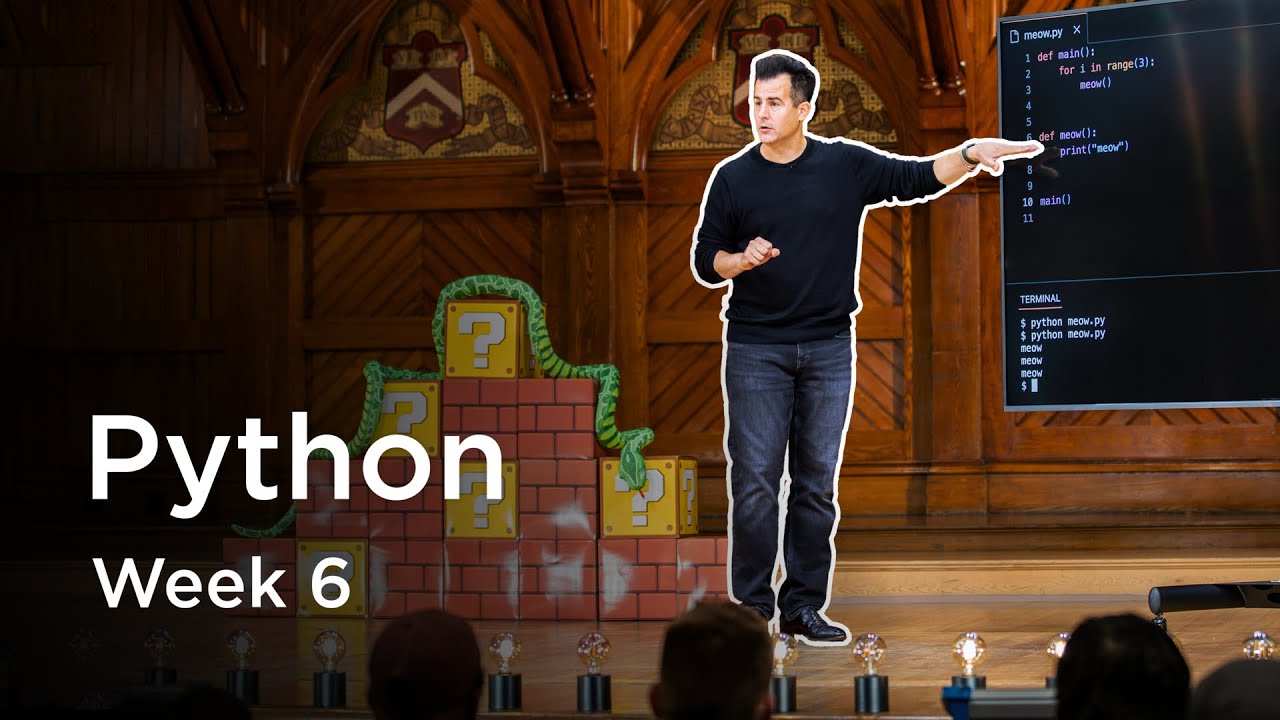Lazy evaluation with Iterators
In this section of the CS50 course, we take a look at the python
syntax, its data types and some more elaborated structures like
lists and dictionnaries.
Coding in Python after C, allows you to better appreciate a higher
level of abstraction.
Programs that required a tidious implementation in C, are done in a
few Python lines.
Python introduces exceptions, object oriented programming, resolves
the issue of Integer overflow (but not the problem of floating point
imprecision) and possesses a broad range of librairies that allows
us to stand on the shoulder of giants.
But I would like to talk about a feature that was not mention in
CS50 which is the Iterators.
An iterator is an object that allows you to loop through a sequence
of data without having to store it in memory.
This behavior is called lazy evaluation and it is very useful when
we want to loop over a very large or infinite data set (used a lot
in data science).
Take a look at the below implementation that is NOT using
iterators:
def createData(bigNumber):
sequence = []
for i in range(bigNumber):
sequence.append(i * i)
return sequence
def loopWithoutIterator(bigNumber):
for value in createData(bigNumber):
if(value > 100):
break
print(value)
loopWithoutIterator(1000000)
# Here we make a million calculation that we store in an array and then we loop over this array set and print out the first eleven values.
Now let's take a look at the strength of iterators:
def createIterator(bigNumber):
for i in range(bigNumber):
yield i * i
def loopWithIterator(bigNumber):
for i in createIterator(bigNumber):
if i > 100:
break
print(i)
loopWithIterator(1000000)
# Here the iterator will yield one value on each outer iteration, and if the value is smaller than 100 it will print it. So instead of making 1000 000 calculation + 11 print out it will do 11 calculation + 11 print outs

